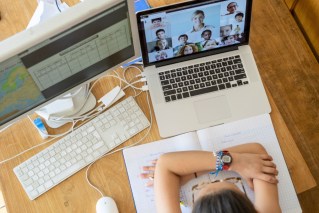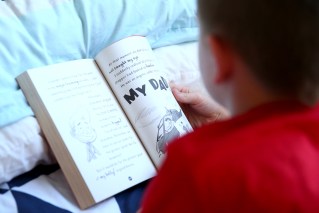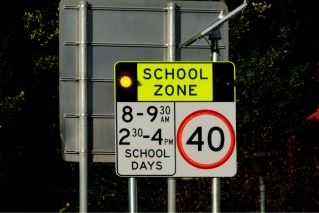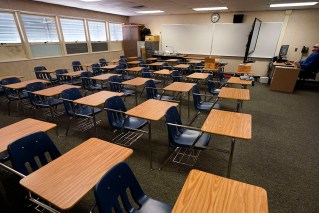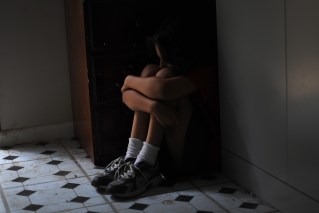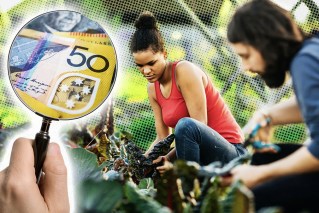Remote learning tips and ways to keep kids entertained during coronavirus lockdown

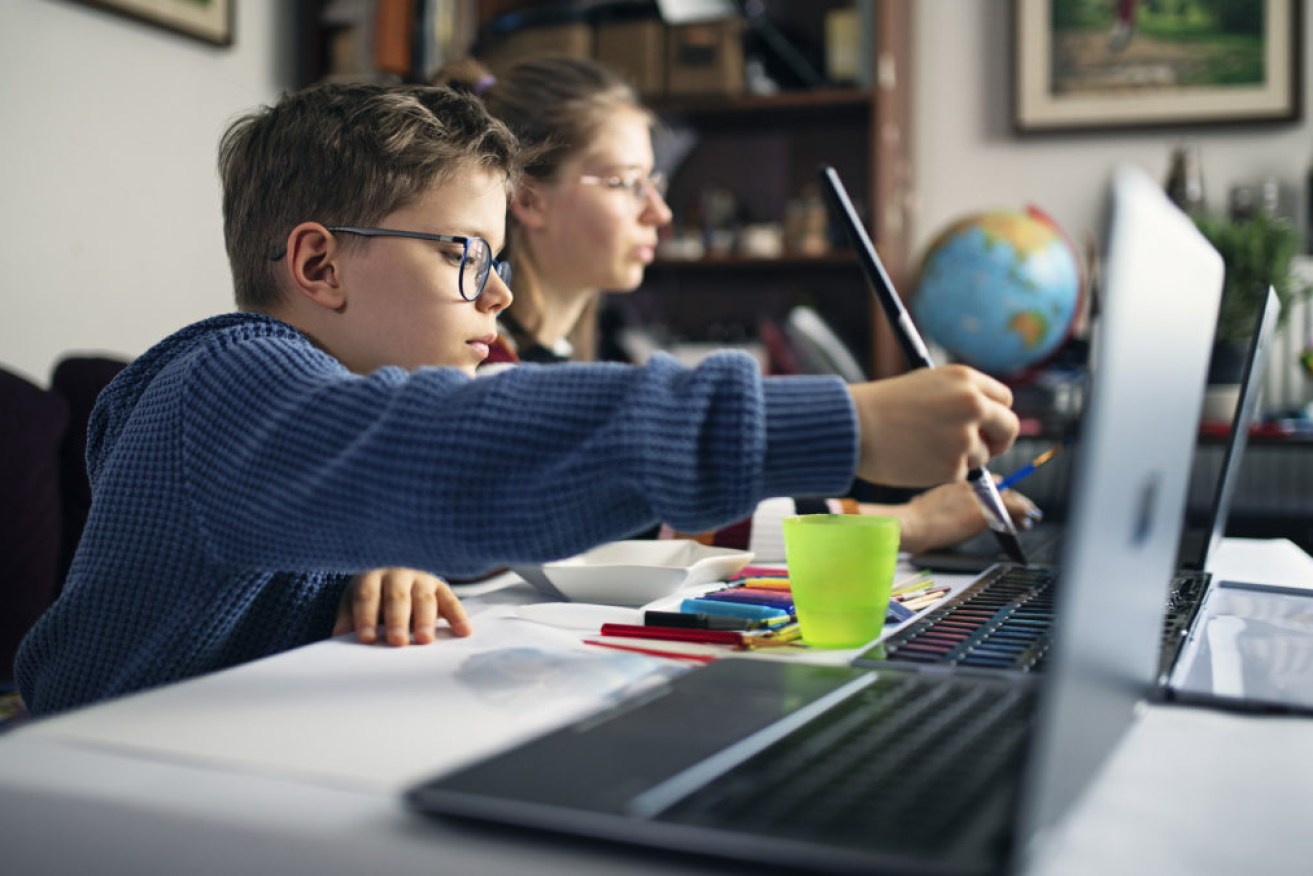
"To slow the spread of coronavirus, schools should undertake remote learning for term two," Victoria's chief health officer says. Photo: Getty
Remote learning is on the rise in due to the coronavirus pandemic, but not everyone is on the same page.
Victoria has embraced remote learning for term two, despite Prime Minister Scott Morrison urging schools to keep their gates open and teachers to stay in classrooms, saying that “the education of our children hangs in the balance”.
“We cannot allow a situation where parents are forced to choose between putting food on the table through their employment to support their kids and their kids’ education,” Mr Morrison said.
“And I know teachers don’t want to force those choices on to parents either ’cause if we do, of course, thousands of jobs would be lost, livelihoods forsaken.”
But Victorian Premier Daniel Andrews told parents on Wednesday “if you can have your kids educated at home, then that’s exactly what you must do”.
“We do acknowledge though that there are some families where that simply won’t be possible,” Mr Andrews said.
Victoria’s chief health officer Brett Sutton reaffirmed his advice to the state government “was and continues to be that to slow the spread of coronavirus, schools should undertake remote learning for term two”.
“This is because having around a million children and their parents in closer contact with each other, teachers and other support staff has the potential to increase cases of coronavirus not just in schools but across the community,” Professor Sutton said.
By having remote learning, it can contribute to physical distancing and therefore supports efforts to drive transmission down.’’
In New South Wales, Premier Gladys Berejiklian said students would likely return to school for term two.
“Unless there’s something that we’ve done that’s amazing I anticipate the first week, at least a couple of weeks, will be similar to what parents experienced at the end of term one,” she said.
“Beyond that point I’d like to see a change.”
The NSW government and education stakeholders are in discussions about increasing the level of “face-to-face teaching”, she said.
In Queensland, schools will be open for students of essential workers and vulnerable students.
Tips to help kids learn from home
University of Newcastle education lecturer David Roy outlined five tips for parents home schooling their children during the coronavirus pandemic.
They are:
1. Set up a learning space
- Create an area in the house for your child to focus on learning
- As long as the student can focus and be safe, there are no limits to where the learning can take place
- Feel free to allow children different places to learn, whether lying on the ground or sitting at a table – whatever works best for them
- Try to limit distractions. Turning the TV off and switching off app notifications will help.
2. Think about the technology you’ll need
- Check what programs you will need to access the work the school sends. If they are not free, it’s worth checking if the school has a shared licence or access package you can use
- You may need to download free teleconferencing facilities such as Zoom or Skype that teachers may use to deliver lessons.
3. Create a structure
- Make sure your children do not just see this as an extended holiday but as normal school, from home
- Mainstream schools have a timetabled structure throughout the week, so rather than disrupting your child’s routine, you might wish to follow your child’s school routine
- There is no specific time students should spend studying. Aim for the time frames provided by the schools, and then be flexible depending on how your child is progressing
- Communication is key. Keep checking in with your children as to how they are progressing, offering help as they feel they need it
- There are no hard and fast rules over how many breaks children should have or how long these should be. Research shows giving children freedom to choose how they learn, and how long for, can increase their motivation.
4. Get to know what your child should know
- It’s likely schools will provide learning materials, although some may not if the school is still open and your child is staying home for other reasons. It’s worth checking with the school, either way
- It can be useful to know why schools choose certain types of work for students to do. So you may wish to browse through the state and territory curriculum documents.
5. Be around to help, but don’t get in the way
- Check if your state or territory provides online information for how parents can be a teacher’s guide and facilitator
- If your child is finding a particular task difficult, be available to make suggestions and answer questions, but try to let them do things themselves as much as possible
- If you don’t know the answer, work with your child to discover a solution. Let your child, where possible, self regulate – that is to take control of their own learning and not rely on you
- You may need to take your child back a step to reinforce a concept before they move on to a new one.
If all else fails …
- There are many online support activities for children learning from home. Where possible, try to only use those from official education authorities
- The NSW home schooling regulator (NESA) has published some links for home schooling families, that anyone can use.
Work hard, play hard: Keeping kids entertained
With home schooling now a reality for many, it’s important to ensure that children still get plenty of playtime and outdoor recreation.

There’s no shortage of ways to keep kids busy during lockdown. Photo: Alice Zsembery
From backyard games to baking, there are number of ways to keep kids entertained during the lockdown.
Click here for Real Kids, Real Play author Alice Zsembery’s lockdown games, and here for craft ideas and creative activities.

